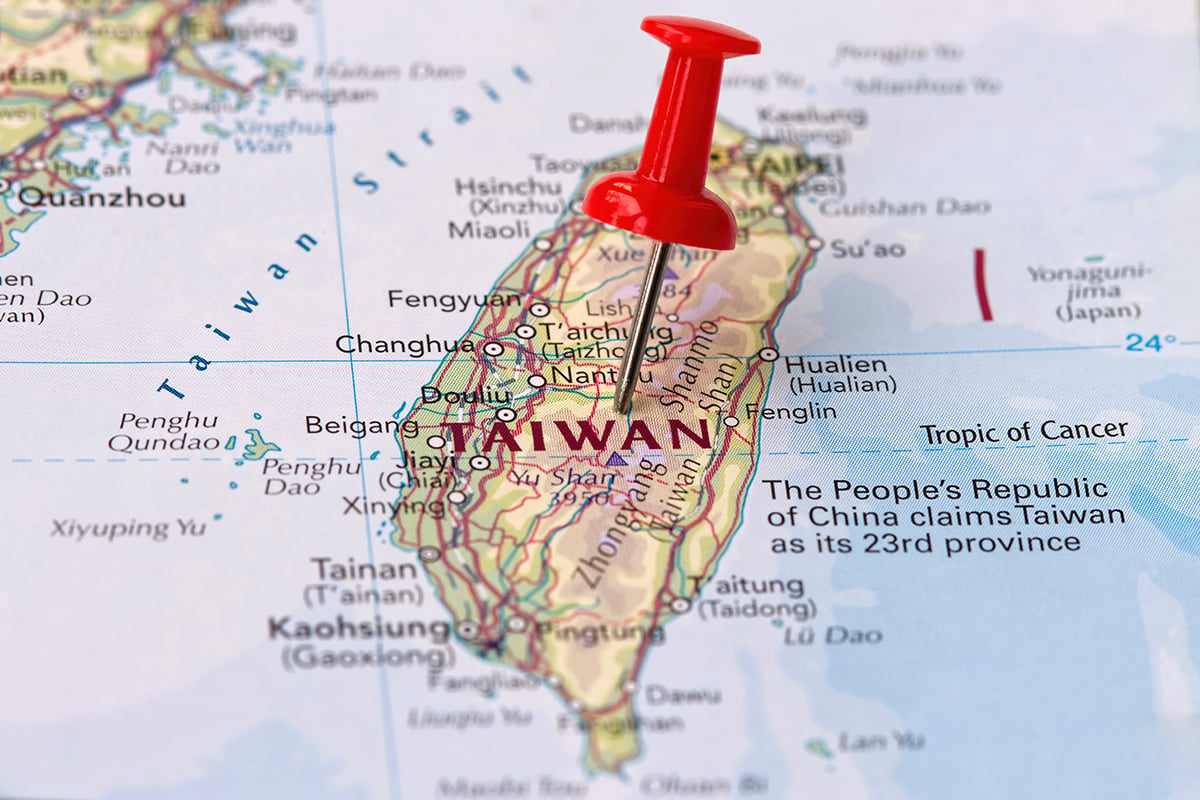A formidable earthquake measuring 7.4 on the Richter scale recently struck Taiwan’s eastern coast, marking the most potent seismic activity in the region in a quarter-century. Tragically, the quake claimed nine lives and inflicted substantial damage to infrastructures. Among the entities grappling with its aftermath is the Taiwan Semiconductor Manufacturing Company (TSMC), the foremost player in chip fabrication globally. While TSMC experienced operational disruptions, fortunately, no critical equipment was harmed.
TSMC holds a pivotal role in the semiconductor sector, churning out an estimated 90% of the world’s cutting-edge chips used in an array of devices, from smartphones and computers to automobiles and AI technologies. The earthquake has reignited discussions regarding the risks inherent in concentrating chip production in Taiwan, a territory susceptible to seismic upheavals and geopolitical tensions.
Despite the quake’s severity, TSMC swiftly reported the recovery of over 70% of its manufacturing tools within a mere 10 hours, with the majority of its facilities anticipated to resume operations by day’s end. Nevertheless, certain production lines situated in areas more profoundly impacted by seismic activity may necessitate additional time for recalibration.
This seismic event underscores the imperative of diversifying chip manufacturing beyond Taiwan’s borders. In 2022, US President Joe Biden signed the CHIPS and Science Act, earmarking upwards of $200 billion to fortify semiconductor manufacturing within the United States and diminish dependence on foreign chip supplies. Additionally, TSMC has unveiled plans for new fabrication plants in Japan, Germany, and the US to mitigate vulnerabilities in the supply chain.
Despite concerted efforts, challenges persist in diversifying chip production. TSMC’s endeavors to establish a second factory in Arizona, originally slated for operation this year, have encountered recurrent delays. Experts stress the significance of identifying locales for new fabrication facilities that boast geopolitical stability and possess requisite infrastructure and skilled labor for advanced semiconductor manufacturing.
Even as TSMC and its contemporaries strive to mitigate the earthquake’s repercussions on chip supply, the broader ramifications for the tech sector remain uncertain. While some companies, like Nvidia, express confidence in their supply chain resilience, others, such as Micron and Foxconn, are evaluating potential impacts on their Taiwanese operations.
The earthquake serves as a poignant reminder of the perils associated with Taiwan’s dominance in chip manufacturing and underscores the necessity of diversifying the semiconductor supply chain to fortify global resilience in the face of natural calamities and geopolitical uncertainties.







